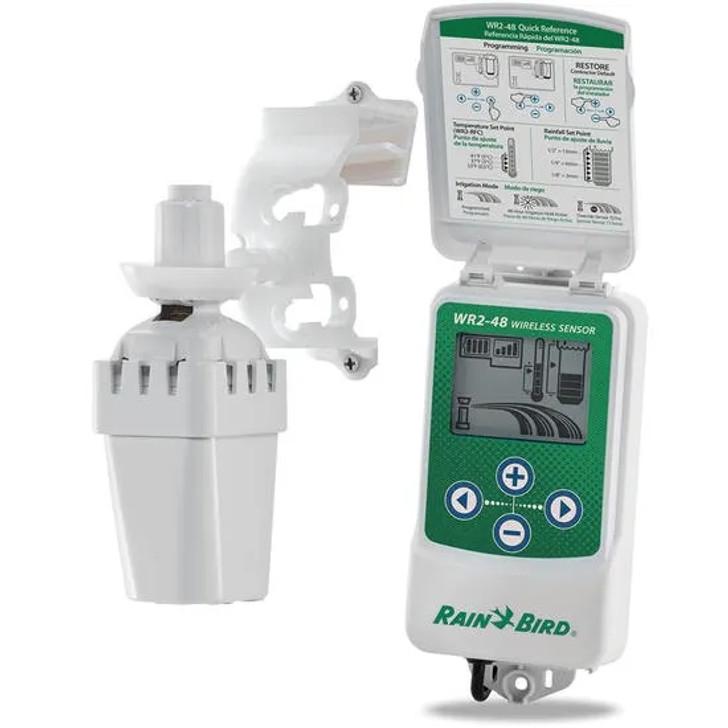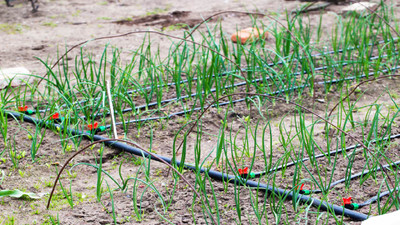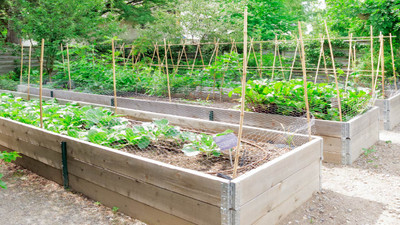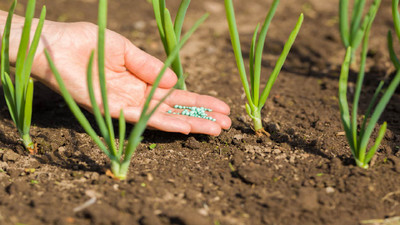The Rain Bird Wireless Rain/Freeze Sensor is designed to help you conserve water and will turn off your irrigation when it rains. Saves up to 35% on water usage. It has a built-in Quick Shut-Off and 48-hour delay features, which automatically holds watering for 48 hours after the rain
Rain Bird WR2RFC-48 A554800 is great for commercial water management and can be paired with up to 4 controller interfaces. With its advanced feature that updates the weather information every 45 seconds, it's a well designed product and provides a reliable performance
Features:
- Battery life: up to 4 years under normal conditions
- Rain delay
- This sensor is compatible and suitable for use with Rain Bird and competitors 24 VAC irrigation controllers (with or without pump start/master valve)
- Simple battery replacement, no tools needed.
- Easy to install, mounts on flat surfaces or rain gutters.
- Certifications: UL, cUL, CE, C-Tick, WEE
Specifications:
- Adjustable rainfall settings from 1/8 into 1/2 in.
- Manufacturer's Part Number: A554800
- Not compatible with Rain Bird ESP-SMTe, SST600s or SST1200s smart controllers.







